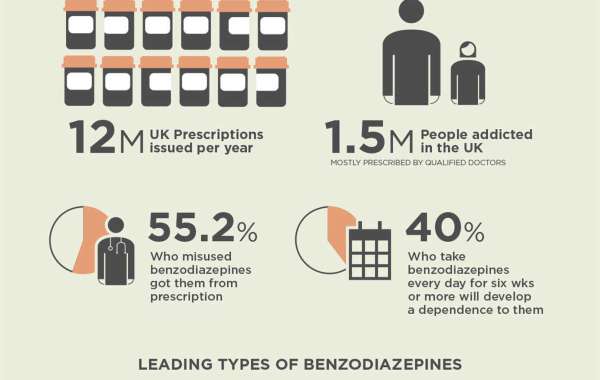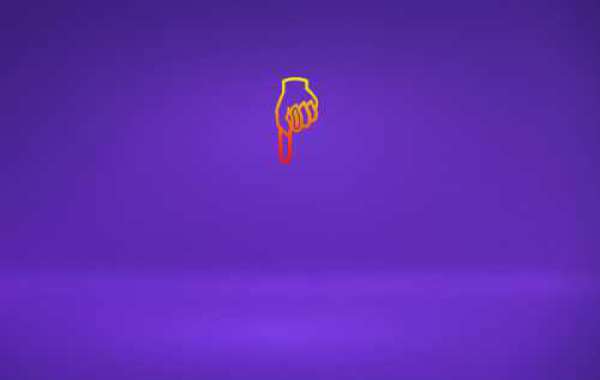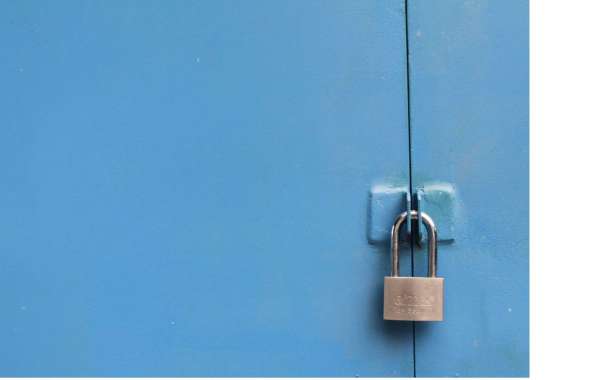If you're struggling to stop using benzodiazepines, you've probably wondered if you need to go through a Benzodiazepines detox. This article will cover the symptoms, treatment options, and relapse rates of benzodiazepines detox. Here are some tips to get through the process of detox. Keep in mind that detox is only the first step of recovery, and it won't create lasting change on its own.
Benzodiazepine withdrawal
The symptoms of benzodiazepine withdrawal are very common, but not everyone experiences them. It is important to know what to expect from withdrawal, and how long the symptoms last. Symptoms generally decrease as people taper down their doses. Some people remain in severe withdrawal for years, while others report spontaneous improvement. Despite the difficulty of withdrawal, most people eventually recover and experience good mental health. Here are some signs to watch for.
First, consult a doctor if your symptoms are severe and persistent. Many benzodiazepines are commonly abused in conjunction with alcohol and other substances. The type of polydrug abuse you had may impact the severity of withdrawal symptoms and the length of time it takes. In addition, if you are pregnant, your doctor may recommend detoxification at a hospital or detox center. These facilities are expensive, but many insurance plans will cover the cost. Lastly, talk to your doctor about your plans. Benzodiazepine withdrawal is a complex process and can present some risks. However, your doctor can help you understand the risks of withdrawal and the best way to manage it.
Symptoms
If you're addicted to benzos, you might be wondering what the withdrawal symptoms are. Withdrawal symptoms of this type of medication typically appear at night and include insomnia, nightmares, and sleep disturbances. While detoxification is an extremely long process, it can also help prevent seizures and increase your chances of a full recovery. The withdrawal period can take anywhere from 12 to 18 months. As your body tries to stabilize without the drug, it's working to make room for normal brain function. The good news is that symptoms of withdrawal are gradually decreasing.
People who have recently undergone depressant withdrawal may encounter even more serious symptoms during subsequent phases. This is why it's important to carefully monitor your withdrawal symptoms to avoid further damage. These symptoms can also exacerbate any pre-existing anxiety or depression. Although these symptoms are generally manageable, you should never attempt to stop benzos without medical supervision. You may have to undergo medical detox if the withdrawal symptoms become too severe.
Treatment options
There are many treatment options for people seeking detox from benzos, but detox alone rarely leads to lasting recovery. Although detox is an important first step in the recovery process, each person is unique and will have different treatment needs and risks of complicated withdrawal. For this reason, there are several different treatment settings for benzo detox, including inpatient or residential detox programs, outpatient detox programs, and hospital-based rehab.
Those who have been abusing benzos may need treatment to help taper down their dose or to deal with the psychological effects of the drug. Psychotherapy can help a person understand the root cause of their substance abuse problems and prevent relapse. The National Helpline Database also provides mental health resources. This directory lists substance abuse specialists. Once the patient has found a treatment option, the next step is to decide what type of benzo detox is best for them.
Relapse rates
There are many reasons why someone might relapse after completing a BENZODIAZEPINES detox program. While relapse does not preclude long-term recovery, it can be scary. Not only does relapse bring with it the high risk of overdose and death, it can also threaten the person's recovery. To avoid relapse, you should know what to look for in a relapse warning sign, and take care of your personal needs.
According to the National Institute of Drug Abuse, relapse rates for addiction are similar to those for other chronic conditions like asthma, hypertension, and diabetes. Statistics show that 40 to 60 percent of people with addictions will eventually relapse. Regardless of whether or not you have attempted a BZD detox, you need to be aware of the warning signs. Listed below are some of the most common warning signs.








